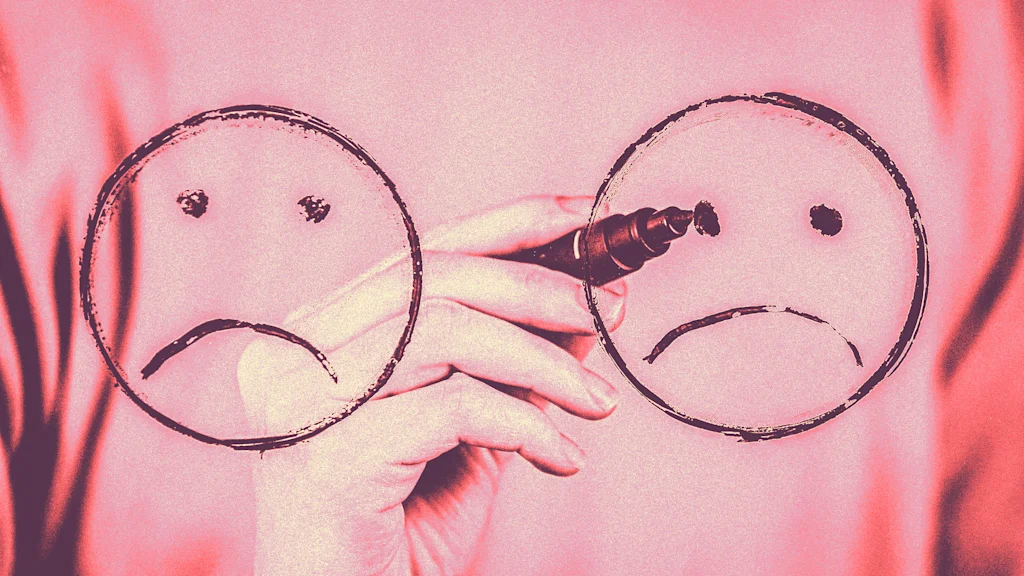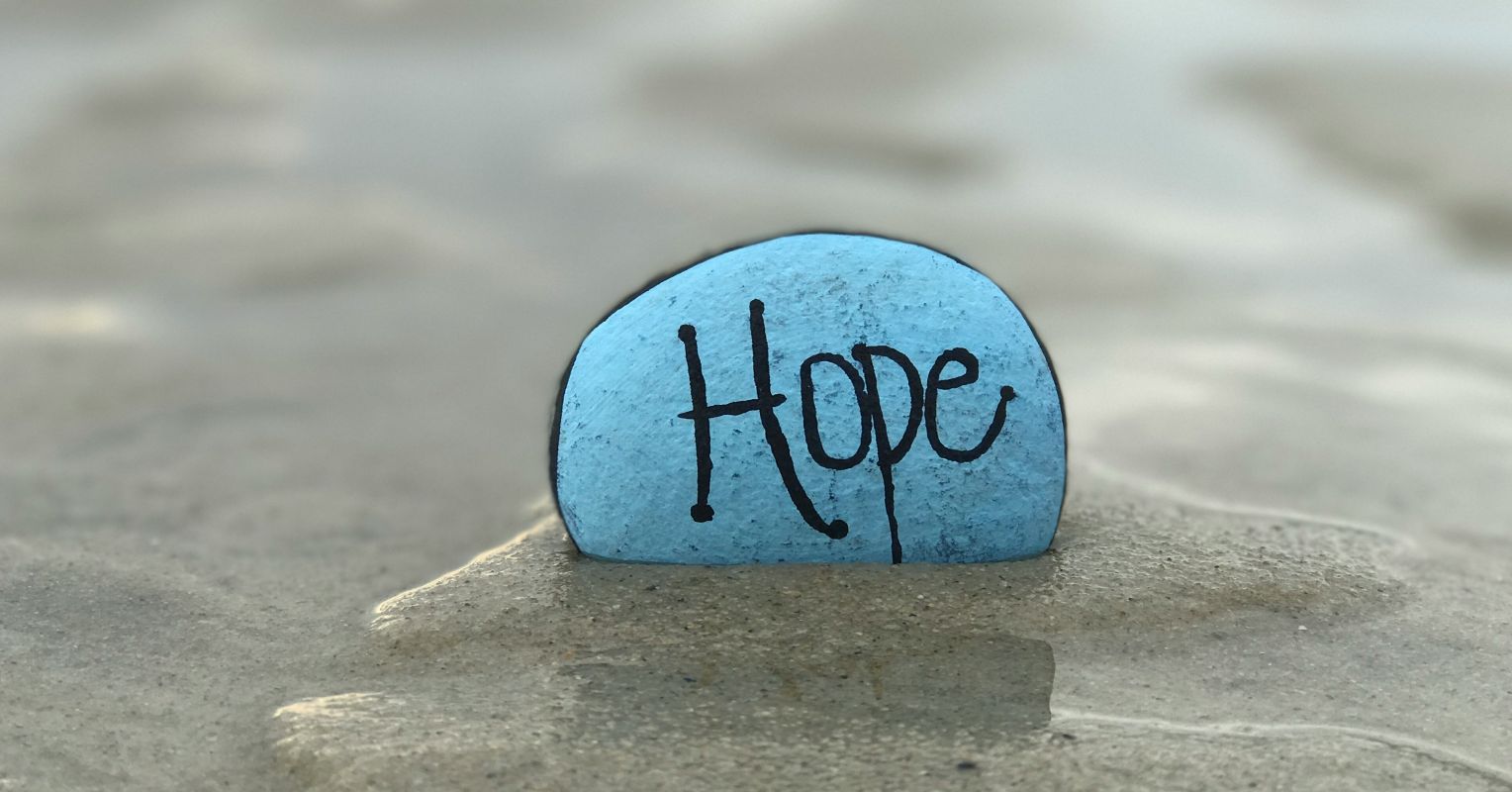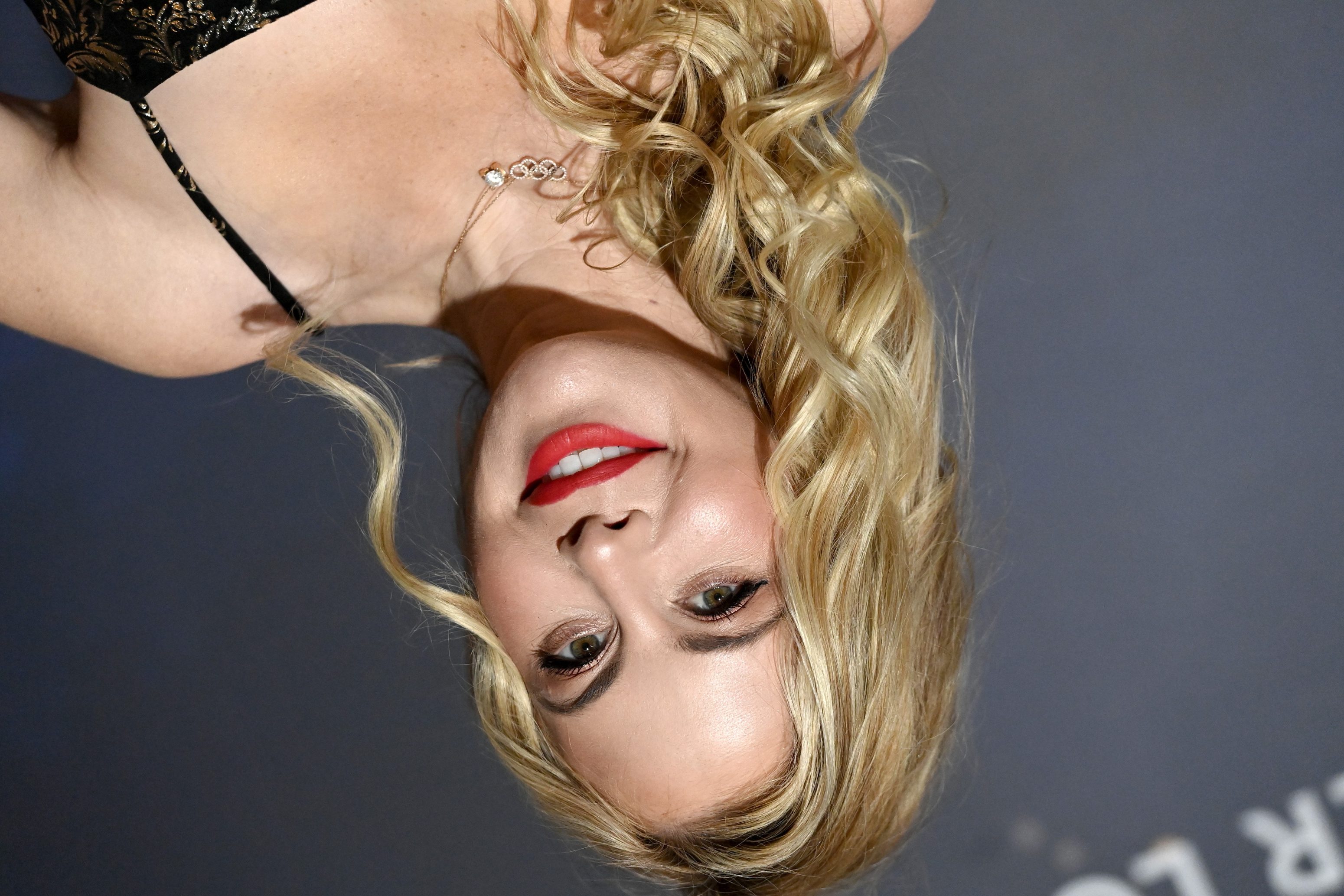fromNewsday
23 hours agoAndrew Gross: Islanders' playoff chances could come down to desperation
We definitely were not at our best tonight. But we found a way to win. So if the Islanders are to be criticized for not being their best over the full course of the match, they must be praised for their resiliency. Or, as coach Patrick Roy described it, their confidence and swagger in knowing they could rally.
Miscellaneous














